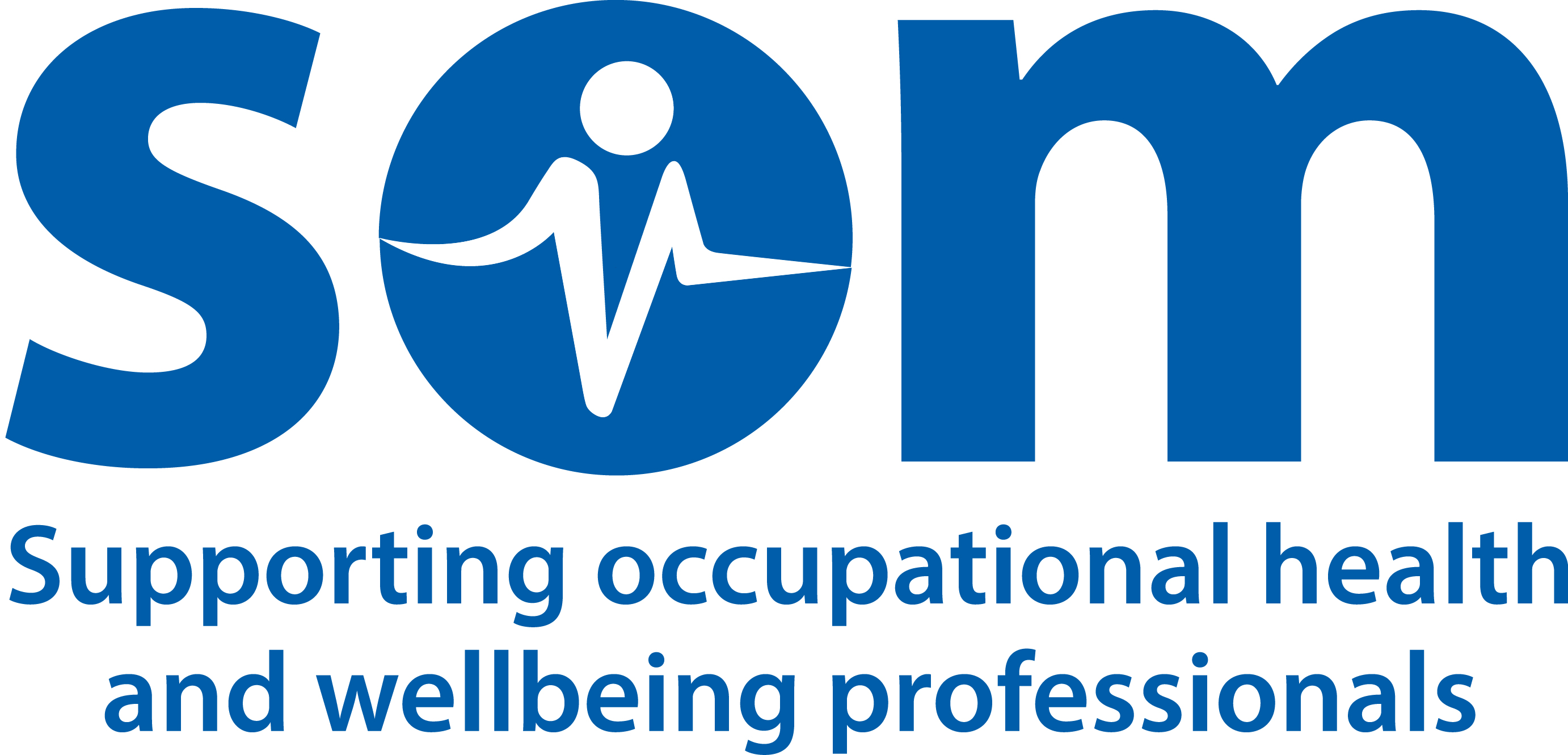
In the COVID-19 pandemic lives will inevitably be lost that could, in other circumstances, have been saved. This has the potential to cause moral injuries in key workers, according to a new editorial published in Occupational Medicine Journal.
Hospitals are under significant pressure as the number of COVID-19 cases rise, essential resources such as critical care beds and ventilators could leave staff feeling unable to provide adequate care.
In the editorial Victoria Williamson, Dominic Murphy and Neil Greenberg from King's College London highlight that many frontline key workers such as health care workers, social workers and prison staff will experience a degree of moral distress and some will experience moral injuries as a result of the lack of resources.
Moral injury is defined as the profound psychological distress which results from actions, or the lack of them, which violate one’s moral or ethical code. It is not a mental illness but it has been associated with PTSD, depression and suicidal thoughts.
Moral injury occurs following a morally injurious event, this can lead to negative thoughts about oneself or others developing, alongside feelings of shame, guilt or disgust.
The authors highlight that key workers are at increased risk of moral injury if:
- The life of a vulnerable person is lost, such as a child.
- When workers don’t feel supported or that leaders haven’t taken responsibility.
- When staff are not prepared for the emotional consequences of the decisions they are making.
- If other traumatic events occur at the same time such as a personal bereavement.
- If they have a lack of social support.
The following recommendations may be beneficial:
- Make staff aware of the possibility of potentially morally injurious events, and help them to develop psychological preparedness.
- Encourage staff to seek informal support from managers, colleagues, chaplains and other welfare providers.
- Advise staff to seek professional help at an early point, especially if they are having trouble functioning.
- Managers should check in with their team at regular points to provide support and to signpost the worker to services if needed.
- Employers should not use debriefing techniques or psychological screening, but they should actively monitor staff and provide sources of support.
Article written by Dr Yvette Martyn

